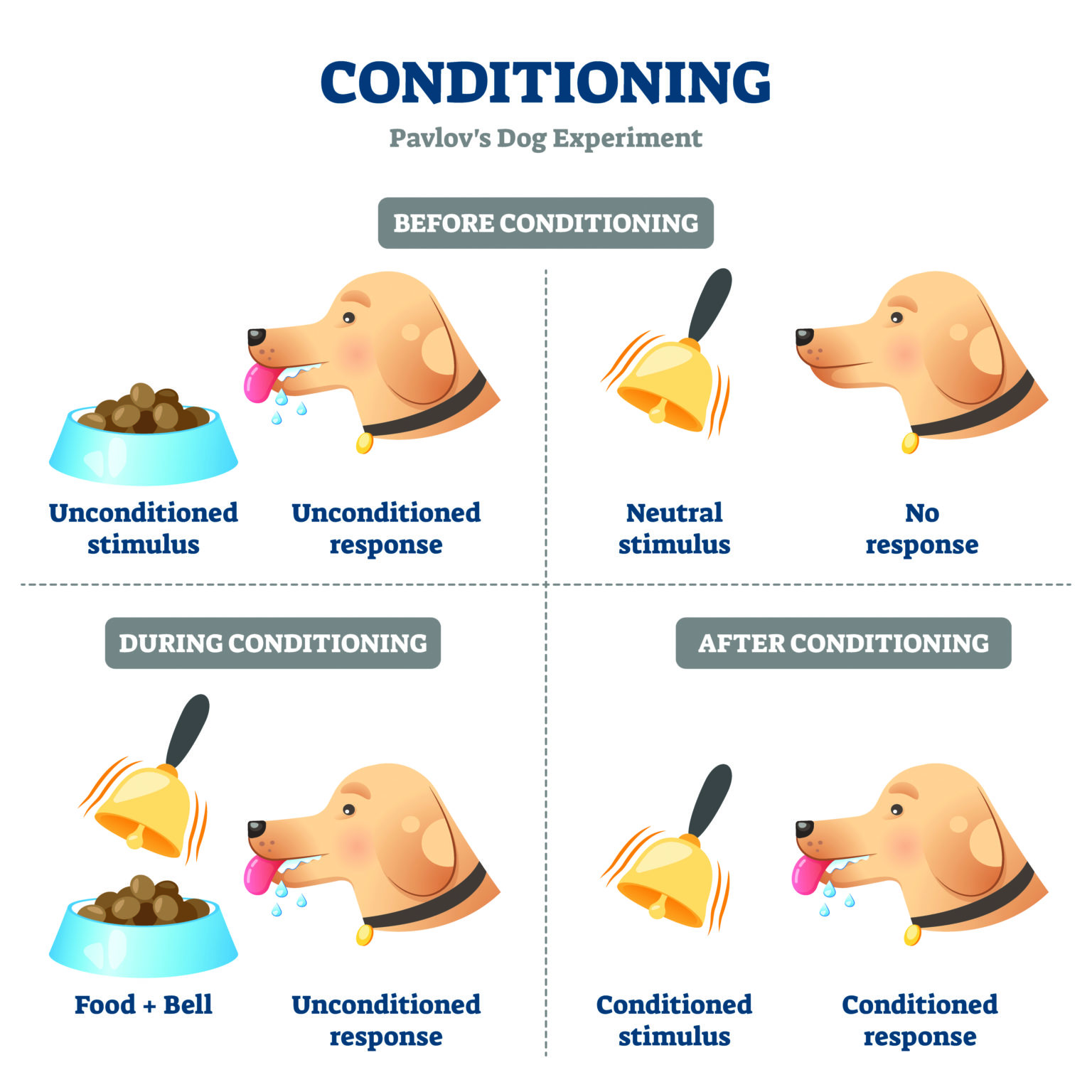Ivan Petrovich Pavlov was a Russian physiologist and Nobel laureate widely recognized for his groundbreaking work on classical conditioning. His research revolutionized our understanding of learning and the nervous system, making him one of the most influential figures in the field of psychology. This article explores various statements about Ivan Pavlov and examines their accuracy, providing a comprehensive overview of his key contributions and insights into his legacy.

Image: www.chegg.com
Early Life and Medical Career
Ivan Pavlov was born on September 14, 1849, in Ryazan, Russia. He initially pursued a career in theology but later switched to the natural sciences, specifically physiology. In 1883, he received his doctorate in physiology from the Military Medical Academy in St. Petersburg.
Pioneering Work on Digestion
Pavlov’s early research focused on the physiology of digestion. He conducted a series of innovative experiments on dogs, studying the secretion of digestive fluids such as saliva and gastric juice. Through these experiments, he established the key principles of digestive physiology, including the role of the nervous system in regulating gastric secretion. For his significant contributions to the field, Pavlov was awarded the Nobel Prize in Physiology or Medicine in 1904.
Classical Conditioning: The Landmark Discovery
Pavlov’s most famous and influential work, however, was on classical conditioning. This phenomenon involves linking a neutral stimulus (e.g., the sound of a bell) with an unconditioned stimulus (e.g., the presentation of food) that naturally triggers a response (e.g., salivation). After repeated pairings, the neutral stimulus becomes a conditioned stimulus capable of eliciting the same conditioned response as the unconditioned stimulus.

Image: resourcesatila.weebly.com
Major Contributions and Insights
Through his extensive research and observations, Pavlov made significant contributions to the field of psychology. His groundbreaking work on classical conditioning laid the foundation for understanding the formation and modification of learned responses. Here are some key insights he established:
1. Stimulus-Response Relationships:
Pavlov demonstrated the importance of stimulus-response relationships in learning. He showed how environmental stimuli could be associated with natural stimuli to create new behavioral reactions. This principle has extensive implications for animal training and behavior modification.
2. Neurophysiological Mechanisms:
Pavlov’s experiments provided insights into the physiological mechanisms underlying learning and behavior. He proposed that classical conditioning involves changes in the neural circuits within the brain, specifically in the cerebral cortex and its connections to the autonomic nervous system.
3. Importance of Reinforcement:
Pavlov’s work highlighted the role of reinforcement in learning. He found that the pairing of a conditioned stimulus with an unconditioned stimulus must be consistent and prompt for successful conditioning to occur. This principle has been applied in various therapies and behavior modification techniques.
4. Extinction and Spontaneous Recovery:
Pavlov also explored the phenomena of extinction and spontaneous recovery in classical conditioning. He observed that the conditioned response could weaken and eventually disappear (extinction) when the conditioned stimulus was repeatedly presented without the unconditioned stimulus. However, later studies showed that the conditioned response could reappear (spontaneous recovery) after a period of inactivity or additional conditioning.
5. Higher-Order Conditioning:
Pavlov discovered that once a neutral stimulus becomes a conditioned stimulus through pairing with an unconditioned stimulus, it can further be paired with a second neutral stimulus, creating a “higher-order conditioned stimulus.” This finding expanded the scope of conditioning and has implications for understanding complex learning processes.
Additional Statements and Clarifications
In addition to the above, it’s worth considering several additional statements and clarifying points about Ivan Pavlov and his work:
1. Pavlov Did Not Discover Reflexes:
While Pavlov’s work significantly contributed to our understanding of reflexes, he did not discover the phenomenon itself. Early physiologists such as René Descartes and Ivan Sechenov had previously described reflex actions.
2. Controversy Over His Views on Higher Mental Functions:
Pavlov held some controversial views on higher mental functions, suggesting that they could be explained by conditioned reflexes alone. This view has been criticized by many psychologists, who contend that human cognition and consciousness involve more complex processes beyond simple stimulus-response associations.
3. Legacy and Influence:
Pavlov’s legacy has had an enduring impact on the science of psychology, particularly behaviorism and learning theory. His work has been extensively cited and built upon by subsequent researchers, including John Watson, B.F. Skinner, and others who advanced the study of behavior and the experimental analysis of learning.
Which Of The Following Statements About Ivan Pavlov Is True
Conclusion
Ivan Pavlov was a pioneering physiologist and psychologist whose work revolutionized our understanding of learning, physiology, and behavior. His groundbreaking research on classical conditioning has had profound implications not only for psychology but also for education, therapy, and animal training. Through his extensive experiments and observations, Pavlov established fundamental principles that continue to shape our exploration of the mind and its connections to the body. While some of the statements about him may require clarification or further explanation, there is no doubt that Ivan Petrovich Pavlov ranks among the most influential scientists of the 20th century.